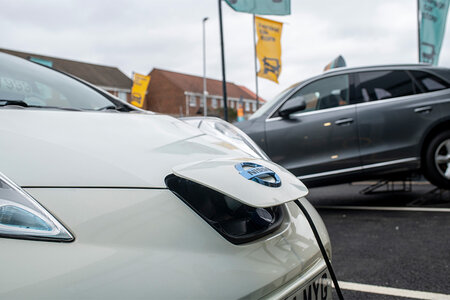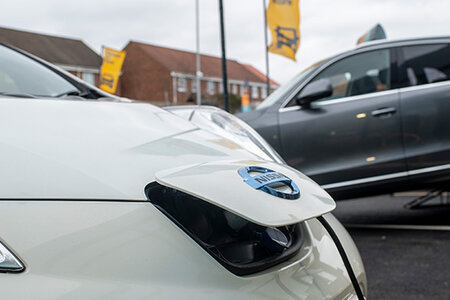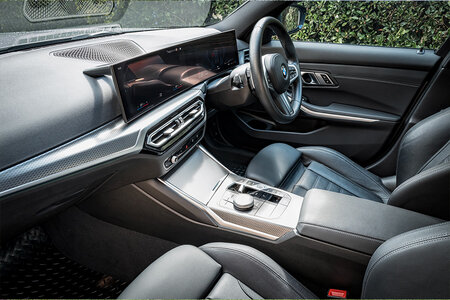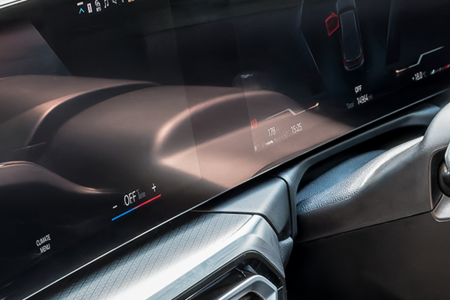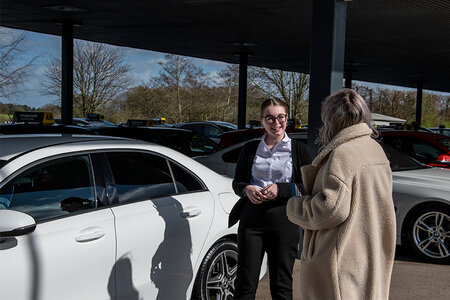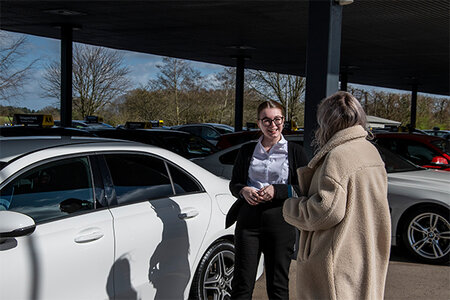The ongoing fuel crisis could prevent consumers from making a vehicle purchase, according to new research from Close Brothers Motor Finance. A fifth (20%) of the UK public admit the fuel shortage up and down the country has put them off buying a new car.
The research, which examined the impact of the national fuel shortage on car buying, found that well over a quarter (27%) say the crisis has made them think about purchasing an electric vehicle sooner than planned. But many admit there are barriers preventing them from making the switch. A fifth (21%) say the cost has stopped them turning to electric, whilst 11% say they are concerned about the infrastructure currently in place. Almost the same number (12%) think the Government now needs to focus on supporting electric car sales.
The insight comes as thousands of motorists up and down the country continue to head to petrol stations to top up their vehicles. As such, well over a third (35%) of respondents blame motorists’ stockpiling for the shortages.
It’s not just car buying that is impacted, many have more immediate concerns. More than one in ten (11%) admit they are scared to drive anywhere in case they run out of fuel, whilst 9% say the shortage impacts their ability to get to work. One in six (17%) say they are worried that there will be many more fuel shortages in the future.
“The fuel shortage is causing panic among consumers, but it could be the catalyst for motorists to go green,” said Seán Kemple, Managing Director of Close Brothers Motor Finance.
“The ongoing fuel crisis could be the tipping point for consumers who are steering towards non-carbon vehicle options. The UK car industry is at a pivotal point in its journey to electrification, with sales of alternatively fuelled vehicles (AFVs) continuing to surge. But for this trend to continue, we need to see the infrastructure in place to support AFV ownership. We are still languishing in the tens of thousands of much needed electric car charging points – we need to get to 2 million to meet the ambitious 2030 goals.
“Now more than ever, consumer appetite is there – greener models are looking more attractive. And increasingly, consumers are environmentally conscious, so there needs to be clearer messaging and much more support from the Government to help turn the dial. The car market has the opportunity to build back stronger, and greener, but it’s down to Government support and industry collaboration to make that happen.”



